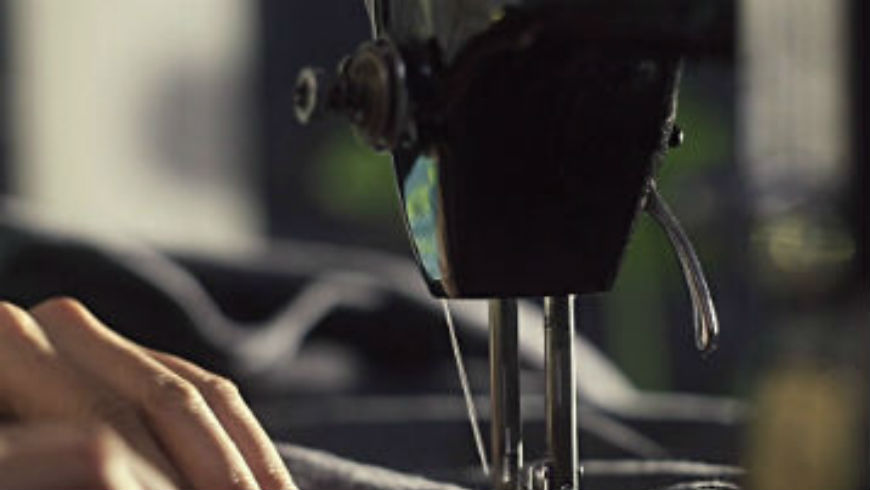The type of work involved here is Tailoring of Aprons. The work is divided into 3 different units of work are passed on to the Skill Building Centres.
Eligibility:
- Only for NGOs with sewing machines
- people should have stitching skills
We can start with a pilot for 10 aprons. This will involve using sewing machine and people with stitching experience. We will start with cutting, stitching of the aprons as per specification.
Payment will be based on units of work completed and not on the number of hours. There will be different kinds of work. The work outlined below is given as an example.
- Work will be allocated in Lots with defined timelines and specified number of units of work.
- A unit of work involves either
- cutting the material as per specification,
- stitch the aprons
- Embroidery of logo
- The processes at each unit go through a quality check before approval and payment.
- SEN proposes to share all the work units to Skill Building Centre tailors and will pay for completed work. SEN will extend necessary support to the NGO and tailors while learning,
- SEN will share monies as follows
- Rs xy for Cutting
- Rs xy for Stitching
- Rs xy for Embroidery
The Skill Building Centre tailors can start with 2 hours per day for 5 days per week. One coordinator would need to be appointed by Skill Building Centre to coordinate with SEN and this coordinator would need to be the point of reporting and to be reviewed before the tailor work is submitted.
Guidelines and specifications will be provided to the coordinator and the first batch of tailors by SEN for a token payment of Rs 500 per session. SEN will not charge any penalties and work allocated would get paid. Follow on work would be based on quality of delivery. Precision is important. The SEN approach will allow the Skill Building Centre tailors to apply their learning on basic stitching skills in a graded manner and earn.
The tailors can go to next level task based on successful mastering of current level. Tailors can thus improve skills at their own pace. It has been SEN’s customer observation that female candidates on an average perform better than male candidates. Thus it is important for special review to be done for output from candidates.
Takeaways for participating tailors will be
- Improved understanding of stitching
- Improved familiarity with cutting of materials as per specifications
- Better understanding the importance of diligence towards work
- Familiarity with customer expectations on work etc.
- Basic level training towards work at stitching units
- Opportunities for self employment
Kindly note these programs are meant for trained tailors without experience and organized in such a way that their learning is enhanced through actual work. The payment is not to be equated with salary and is provided as encouragement for the tailors to earn while learning.
It is suggested that the tailors be allowed to work for not more than 6 months in a mentored mode. Upon successful completion of this period, these tailors may be encouraged to work independently and some support in terms of orders can continue to be provided through the NGO.

